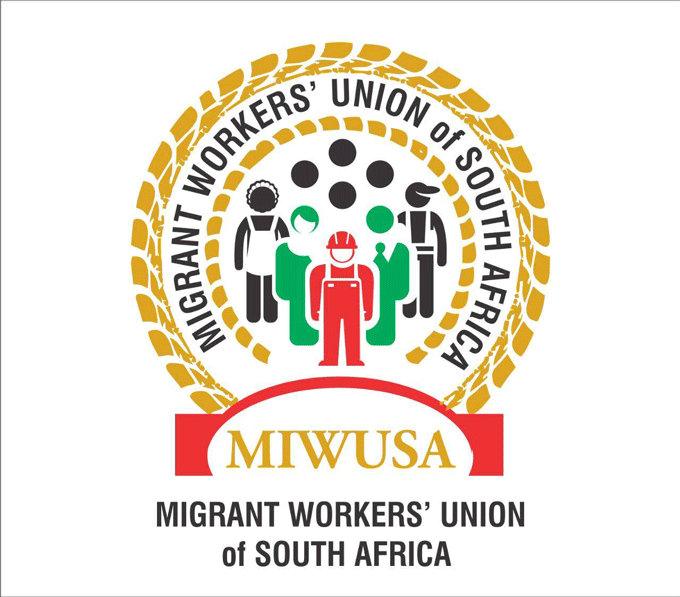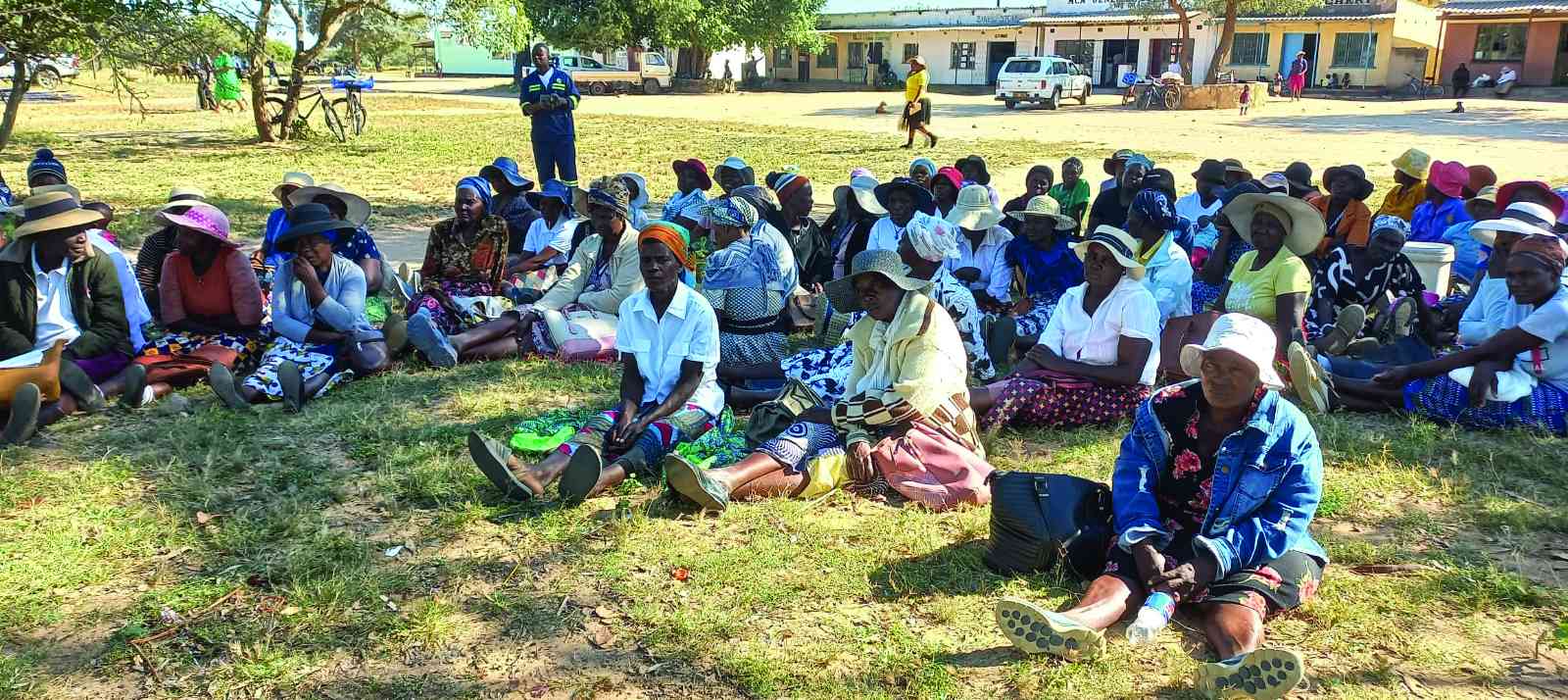
By Khanyile Mlotshwa
The Migrant Workers Union of South Africa (Miwusa) has expressed concern over the delays by the South African government in renewing or making pronouncements on the Zimbabwe Exemption Permits (ZEP) for the 295 000 holders.
The permits are set to expire at the end of this year.
Miwusa joined the Zimbabwe Community in South Africa (ZCSA) in distancing itself from the court action taken by some Zimbabweans, who want to compel the department of home affairs to renew the permits and grant them permanent residence status in the country.
Miwusa secretary general, Sindiso Moyo, said the delay in the renewal of the ZEP is “causing serious anxiety and panic among the ZEP permit holders.”
“The organisation has seen an increased number of reports from our members where employers and some banking institutions have already started sending messages to the holders of ZEP to begin the application process or furnish their offices with valid permits,” Moyo said.
The union, however, said it was optimistic that the South African government will “make a pronouncement soon on the status of the 295 000 ZEP holders before the expiry date.”
“Our fear and concern as an organisation are that in the context of the global crisis caused by Covid-19, the non-renewal of ZEP might trigger a major humanitarian crisis or exacerbate the already difficult conditions some find themselves in due to a plethora of challenges that migrants are already facing in the country,” Moyo said.
- Chamisa under fire over US$120K donation
- Mavhunga puts DeMbare into Chibuku quarterfinals
- Pension funds bet on Cabora Bassa oilfields
- Councils defy govt fire tender directive
Keep Reading
He said the challenges that migrants might face included dismissal from work by employers, children, who are at school may be disrupted in their studies, ZEP permit holders’ bank accounts might be closed or frozen, some migrants might lose their property and harassment and deportation might increase.
“To avert the looming disaster, we call up on South African authorities to pronounce the renewal of the ZEP before they expire,” Moyo said.
The union, however, criticised moves by some Zimbabweans to take the South African government to court to compel it to renew the permits.
“In as much as we support every effort from any organisation to assist migrants, as Miwusa we feel taking the government to court was done prematurely and ill advised,” Moyo said.
“We believe that the group that purports to represent all ZEP holders did not conduct due consultations with other stakeholders and ZEP holders.
“The group should have waited until the government makes a pronouncement on whether the permits will be renewed or not renewed or exhausts negotiations channels.”
The special permits were first issued in 2010 under the Dispensation of Zimbabweans Project.
The programme was renewed in 2014 as the Zimbabwe Special Permit, before the ZEP was introduced in 2017.










